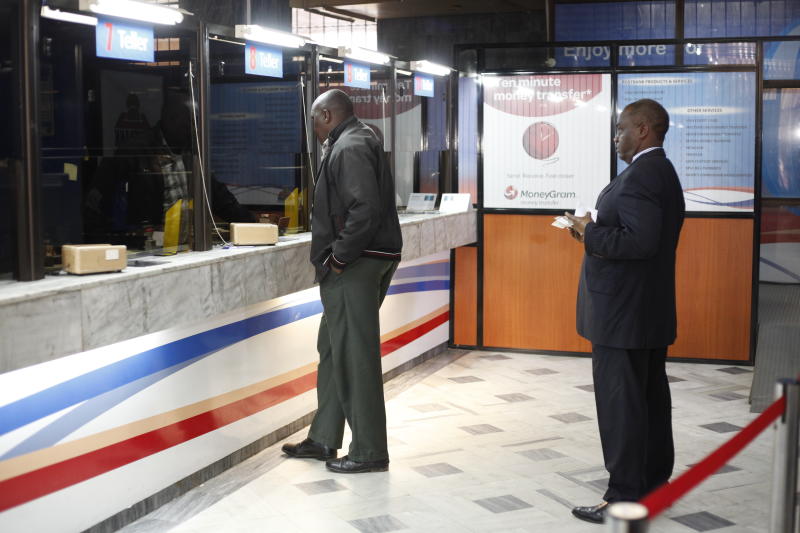×
The Standard e-Paper
Smart Minds Choose Us

Warning: Several lenders have already warned customers to brace for deductions, depending on suit outcome
They have opposed consolidation of their case challenging so-called Robin Hood tax with that of activist Omtatah, saying it will only drag litigation process.